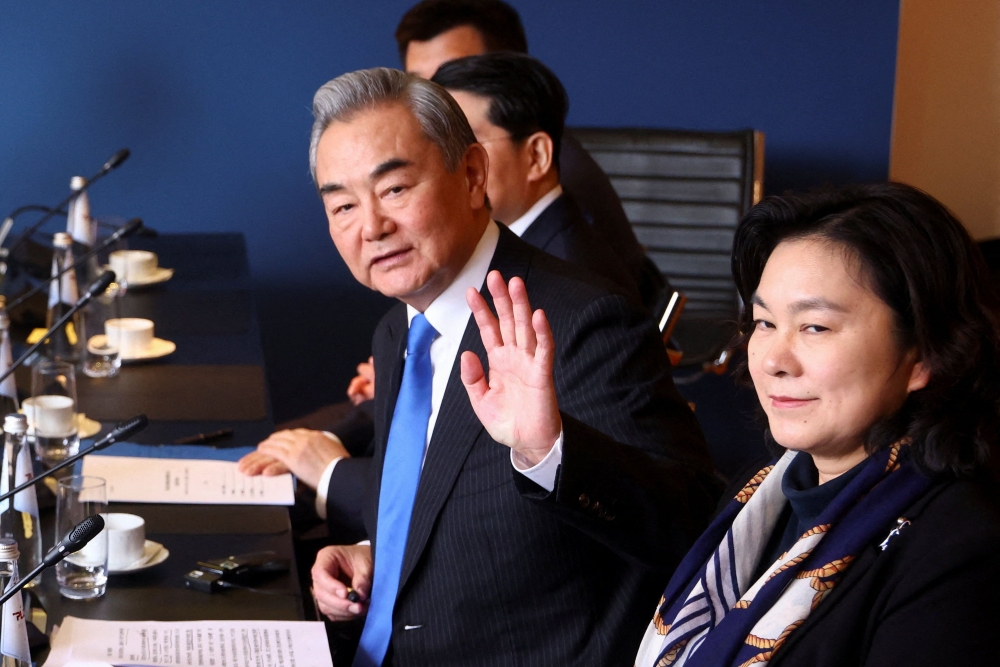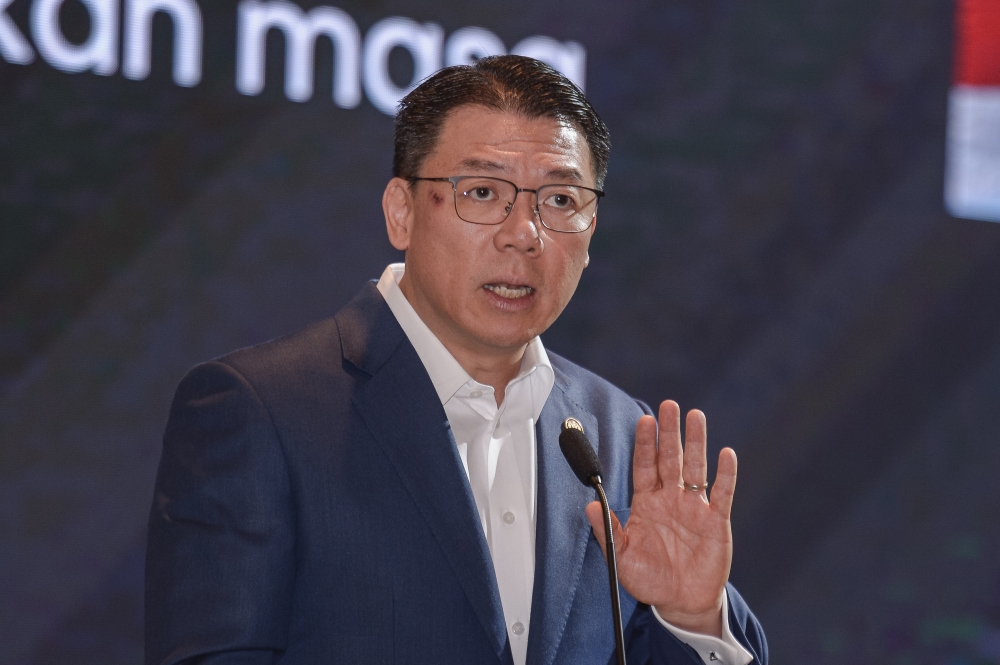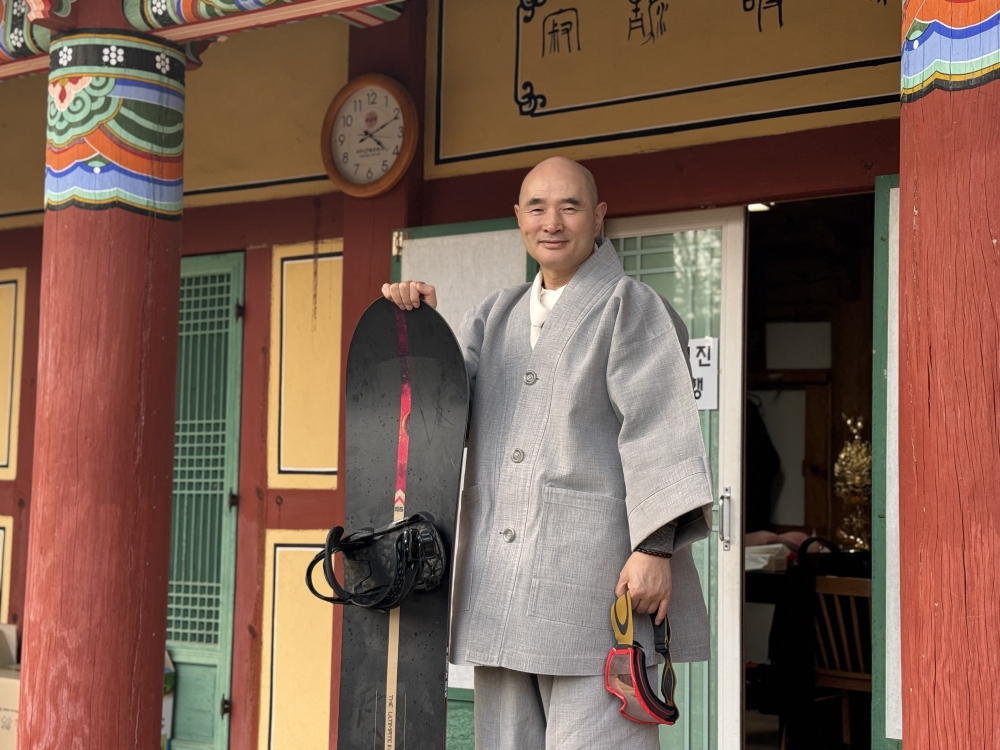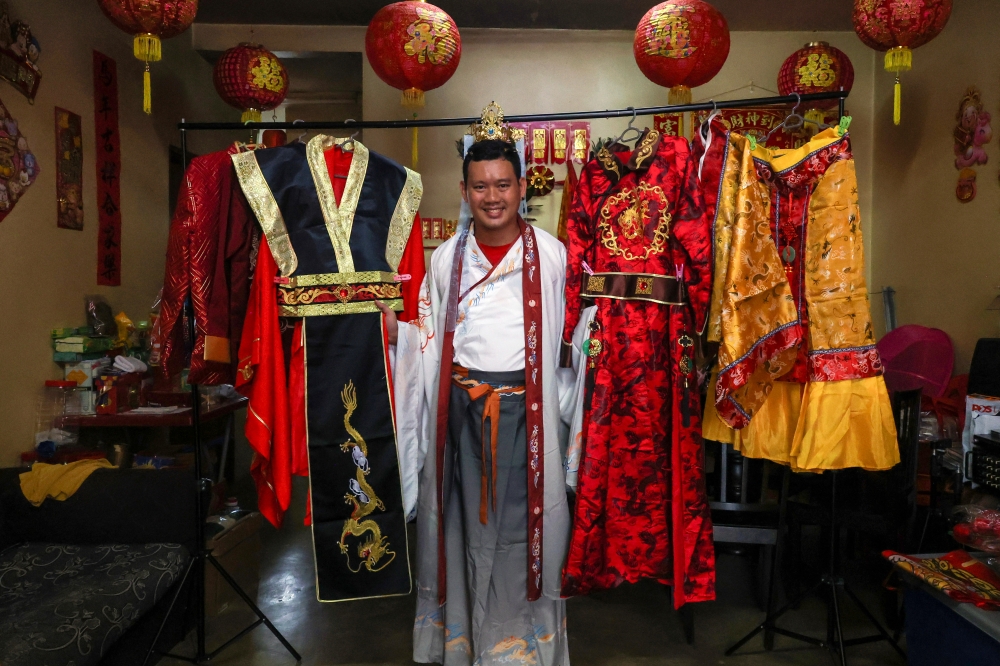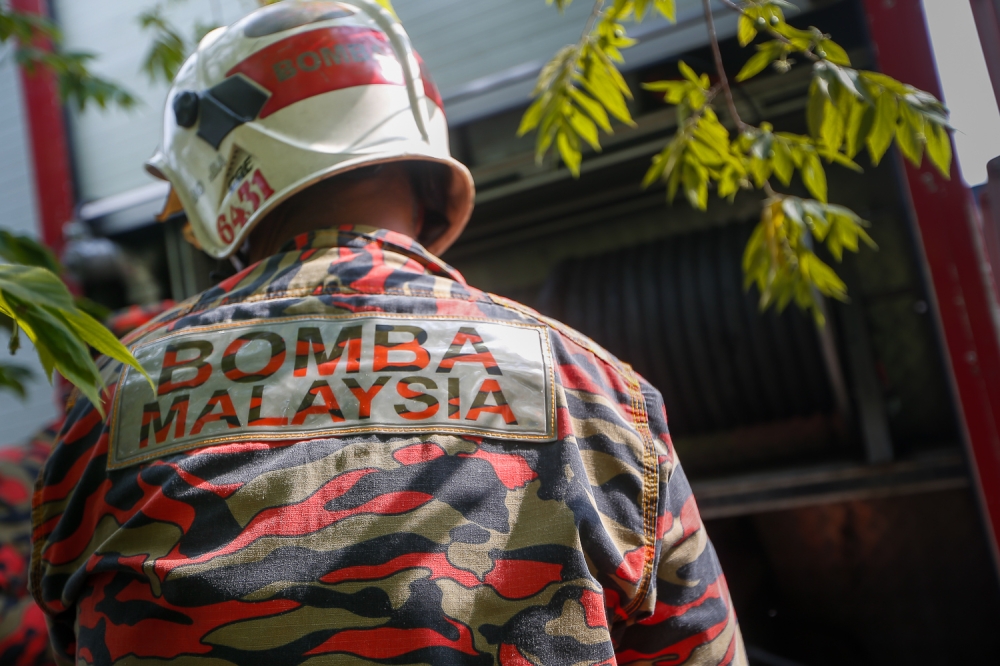KUALA LUMPUR, March 22 — With Malaysia’s national Covid-19 immunisation programme still in phase one, the government’s move towards reopening some state borders to kickstart domestic tourism has drawn yet another line between economic survival and health concerns.
Among the more controversial SOPs introduced by the National Security Council (NSC) is the decision to allow holiday-makers to travel between states under the recovery movement control order (RMCO) only on vehicles registered with the Tourism, Arts and Culture Ministry (Motac).
Trips would still be subject to police approval, while trips in private vehicles are not allowed. Interstate travel for any other reason is still barred.
Hoteliers and travel agents naturally applauded this decision as a step in the right direction for the tourism industry while bearing in mind everyone’s general safety.
“Using travel agents is a good idea because travel agents will make sure that the entire group and trip complies with the necessary SOPs,” Nigel Wong, honorary secretary-general of the Malaysian Association of Tour & Travel Agents (Matta) told Malay Mail when contacted.
He acknowledged that many people may baulk against the new rule to use only pre-approved vehicles as they may think only large express buses are to be used. But he said there were other options available to the public.
Wong said families booking holidays through these approved agents could request to lease a smaller vehicle to cater to their specific needs, saying not all packages require busloads of passengers crammed into a coach.
“However, we may also note that it may not be the preferred mode of travel for every Malaysian, so we are looking forward to the day when travel restrictions would be eased further,” he told Malay Mail.
Malaysian Association of Hotels (MAH) president Yap Lip Seng who said he is also in favour of the Motac-only travel rule, suggested additional mechanisms to allow private vehicles to be used for leisure in RMCO states.
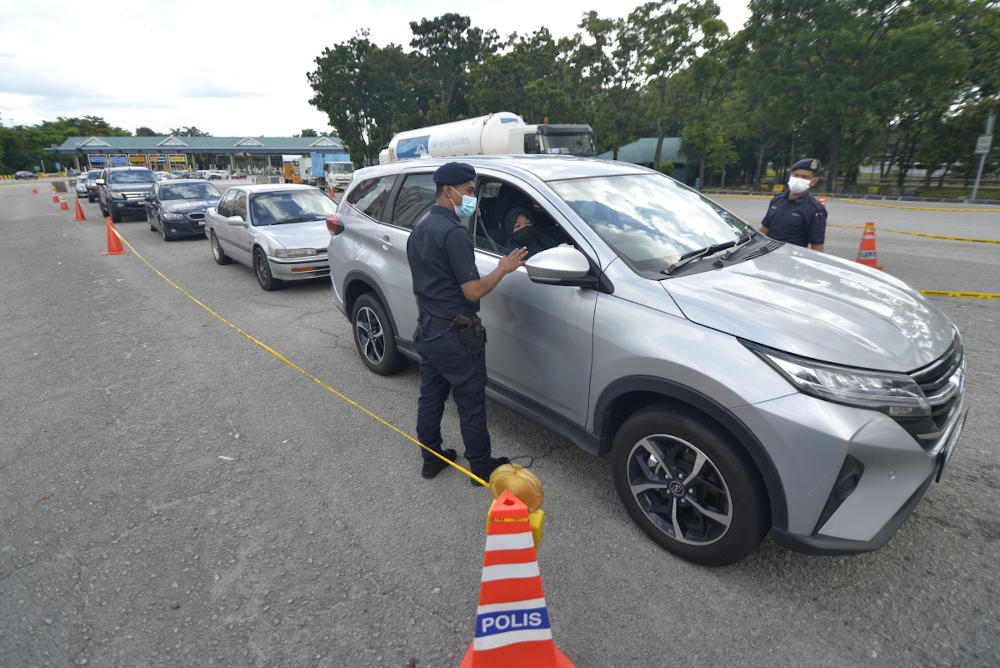
He proposed that private car owners first register their travel intentions with the relevant authorities, test negative for Covid-19 at least 48-hours before travelling, and for hotels to conduct synchronised check-ins of guests.
“With a confirmed hotel booking, hotels can set designated check-in times alongside the MySejahtera app check as a requirement to ensure compliance.
“These hotels believe that the industry can also implement these controls that would allow travellers to utilise their own vehicles or even to travel by flight,” Yap told Malay Mail.
Penang MAH branch chairman Raj Kumar felt that streamlining travel packages through government approved companies was to breathe some life into the tourism industry after a year of uncertainty about its survival.
However, he was sceptical about the impact such measures would have on the whole, pointing out that the largest demographic group of domestic travellers live in Kuala Lumpur, Selangor, Johor, and Penang — which are still under the conditional MCO, and are generally barred from crossing state borders.
“In Penang, the hotels which are suffering the most are the beachside hotels which normally attract domestic travellers coming from the Klang Valley and Johor.
“Occupancy numbers are slowly increasing but as long as the state borders are not open, it will continue to impact us massively; once borders open, then we can start seeing smiles in the faces of these hoteliers,” Raj said.
What do health experts think?
Healthcare experts contacted by Malay Mail disagreed with any form of long-term travel that involves sharing vehicles other than their close relatives, especially those that may be filled to the maximum capacity as approved by the government under current Covid-19 rules.
“Why is it okay for a group of strangers to travel together in a bus but not okay for a family of four or more, who are living together, to go for a holiday together in their own car? That about sums up how much this does not make sense.
“Maybe they rationalise that if anyone gets infected, then the infection is limited to the bubble, easier to control and find the cases?” said Dr Saraswathi Bina Rai of the School of Medicine Association at the Asian Institute of Medicine, Science and Technology (AIMST) University.
Dr Khoo Yoong Khean, managing editor of the Malaysian Medical Gazette, was apprehensive that the government’s move to save the flagging tourism industry may not have been fully thought through, and warned that half-baked policies could undo all the hard work put in by medical workers against the pandemic.
“Generally I don’t agree with interstate travel until we at least start phase-two of the vaccination programme. While we had a decrease in cases, it is still four figures per day and our vaccination plan only just started.
“We cannot let bad policy undo all the work we have done earlier to bring the numbers down, and need to be a bit more patient,” he said.
For Dr Khoo, a bus with 40 passengers holds a greater risk of spreading the coronavirus infection compared to a family of five travelling in their own private vehicle.
“Private vehicles, while harder to control in terms of getting permit and such, might actually be safer,” he said.
Galen Centre for Health and Social Policy chief executive officer Azrul Mohd Khalib pointed out that staying disciplined to the Covid-19 SOPs matters more in trying to curb the spread of the virus. He stressed that it was not about whether or not the vehicles used for are approved by the ministry.
“Communicable diseases do not really care whether you are in a state in recovery MCO, conditional MCO, or even MCO.
“These arrangements would convey a false sense of security. If people do not take precautions, they will get infected anyway. The coronavirus is in the community,” he said.
Azrul said the government announcements on domestic travel did not provide much assurance. He said there was little disclosure on how the NSC came up with the decision, whether the it drafted based on science, data, or any research, and how these rules conflicted with the very concept of tourism.
“The nature of tourism, which is dependent on freedom of movement and choice to visit places, buy stuff and get services, also goes against what appears to be a highly regulated activity with heavily controlled movement,”
“Feels very North Korean,” he quipped.
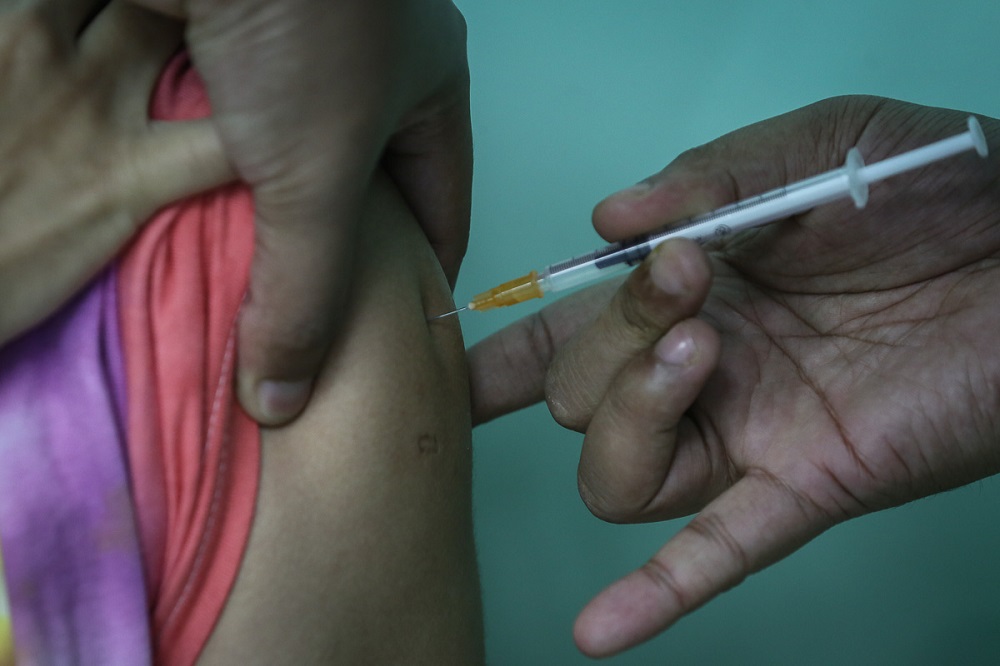
Moving forward
Matta sec-gen Wong said the industry desperately needs a concrete roadmap going forward living with these new norms, and not for regulations to be sprung upon them on short notice.
“Many in the industry have been asking for a clear roadmap, where without a clear indication of what the government’s goals and milestones are, firm milestones, it will be very difficult for the tourism industry to plan for the eventual opening of state and international borders,” he said.
MAH’s Yap said the industry has generally seen a dismal occupancy rate of below 20 per cent so far this year.
He suggested a vaccination passport for those already inoculated, and SOPs allowing interstate meetings, incentives, conferencing, exhibitions to revitalise the industry.
Raj commended the government on the recent initiatives in the Pemerkasa package, but said a more holistic stimulus coverage is needed by the industry during the wait to get everyone vaccinated.
“But even once people are vaccinated, I think it will be not normal, but better than today.
“To return to normal it will take some time; 2021 is just the year of recovery, 2022 for moving into the lifestyle of the new norms, and by the time it is 2023, things should be much better,” Raj said.
Health experts cautioned Malaysians against treating the Covid-19 vaccine as an overnight cure after getting their jabs.
“Vaccines are not magic wands that are going to solve this crisis. The tourism industry is desperate to reopen and do business again and it will adopt anything proposed to start again.
“But the government must propose reasonable and pragmatic approaches which make sense and deal with the issue,” Azrul said.
Dr Khoo also cautioned against getting complacent with the vaccination programme now up and running.
“The start of the vaccination plan is good news but it’s just the start and we are a long way from achieving any sort of herd immunity.
“We also cannot let this initial euphoria blind us,” he warned.









